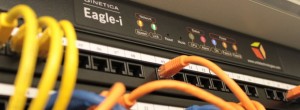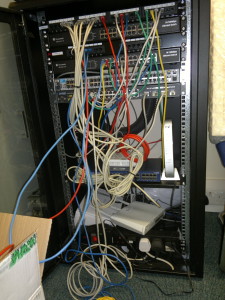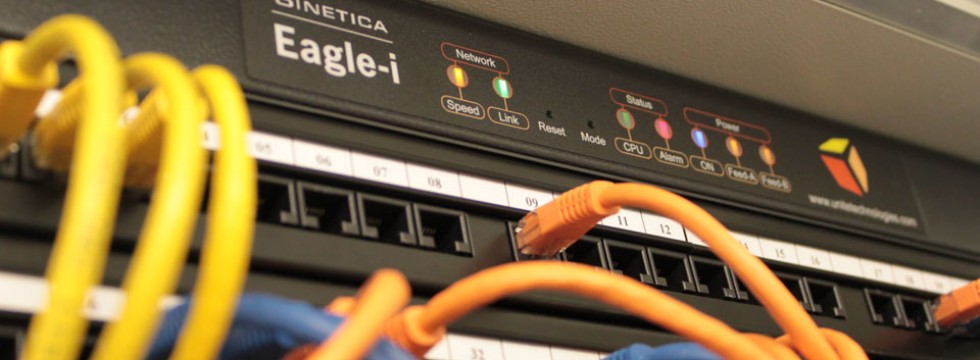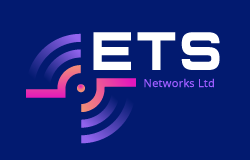There are some key differences between Business Broadband services and Residential services. In reality this reflects the different demands on the services, but generally business services do come at a higher costs. Some business people will look to save costs by installing an inferior service, something which can actually lead to increased costs later.
Some of the key differences are:
- Contention Ratio
- Cost
- Support
- Private Networks
- Terminology
Clearly the size of your business and the way in which you use the internet will have a big bearing on your options.
Contention Ratio
The Contention Ratio is basically the number of users competing for a slot on the network. You’ll see residential services offering Contention Ratios of around 50:1, although you might have to look quite closely as they don’t tend to shout about it.
A contention ratio of 50:1 means that potentially there could be 50 users competing for connection. During quieter periods this is unlikely to be an issue, but a peak times this queuing can cause problems.
Being unable to stream a video on YouTube at 8pm on a week night may be troublesome to a teenager, but a slow connection can cause significant problems to a business. Which is why we recommend much lower contention ratios.
Download Speed
Broadband download speeds are dependant on a number factors, how those factors work together will determine the overall speed. The performance of the complete system will always be limited by the slowest individual component.
When talking about speed we are discussing the download speed and the upload speed. Generally speed is measured in Megabits per Second (Mbps); often referred to as “Meg”.
Download speeds have increased massively over the last few years, with some residential services offering 100+ Meg. Upload speeds are generally capped at a much lower level.
The available speed depends on the equipment being used, the distance from the exchange and the quality of your line.
As well as technical limitations speed is also governed by the price you’re prepared to pay. So it’s worth checking thoroughly the capacity you’re going to need.
Business services can enjoy much greater speeds with up to 10Gb available in some areas.
Security
Considering security is a feature in our day-to-day lives, locking up the office and setting the alarms is almost certainly a part of your routine. Security of your IT systems is quite possibly more important than physical security. Mainly because the risk of a breach is far greater and the consequences can be initially hidden from view.
Online security considerations range from restricting access to your systems, guarding against viruses and taking steps to thwart would be hackers.
We recommend that every business adopts a security policy that encompasses all the above risks and contains provision for recovery in the event of an attack. Such a policy should be reviewed whenever new equipment is installed.
Technical Support and Problem Solving
 Business broadband systems are not “plugin and forget”, there is a real need for ongoing maintenance and upgrades. Technology does not stand still and as equipment becomes obsolete it can become a threat to the integrity of the overall system and a security risk.
Business broadband systems are not “plugin and forget”, there is a real need for ongoing maintenance and upgrades. Technology does not stand still and as equipment becomes obsolete it can become a threat to the integrity of the overall system and a security risk.
The level of technical support you will need depends on the complexity of your system and your budget. When comparing systems it is worth checking whether the promised technical support comes in the form of a telephone help line or email; and what the response times are. Not every business owner wants to tie up their time (of the time of their staff) troubleshooting problems over the telephone.
Whilst telephone support can be useful to help deal with a minor issue, there is no substitute to having an engineer on site if things go wrong.
Most businesses are now dependent on their broadband working, so getting the right support package is essential.
Picking a Supplier
People often think that speed and reliability are the most important factors when choosing a business broadband system. And whilst they are both clearly important there are other things to consideration when searching for the right system for your business.
Residential broadband packages are very much designed with a “one size fits all” approach. The vast majority of home users will use the internet in the same way. However businesses need a much more bespoke solution. So when considering a business broadband provider you should also check:
- Can the system can scale, if you need additional capacity can it be provided easily
- Are there any restrictions in terms of usage
- Can your system operate over multiple sites
- Can workers access the system remotely
Terminology
When researching your business broadband options you are likely to encounter some terminology. Here’s a quick breakdown of the most common terms:
- ADSL: Asymmetric Digital Subscriber Line – copper wire with speeds of up to 24MB/s
- FTTC: Fibre to the Cabinet – The so called “last mile technology” linking to BT’s National Ethernet Network. up to 80MB/s
- EFM: Ethernet in the First Mile – mixture of new and older technologies
- FTTP: Fibre to the Premises – fibre to your premises
- LLU: Local Loop Unbundled – standard up to 24MB/s provided by other suppliers(rather than BT)


